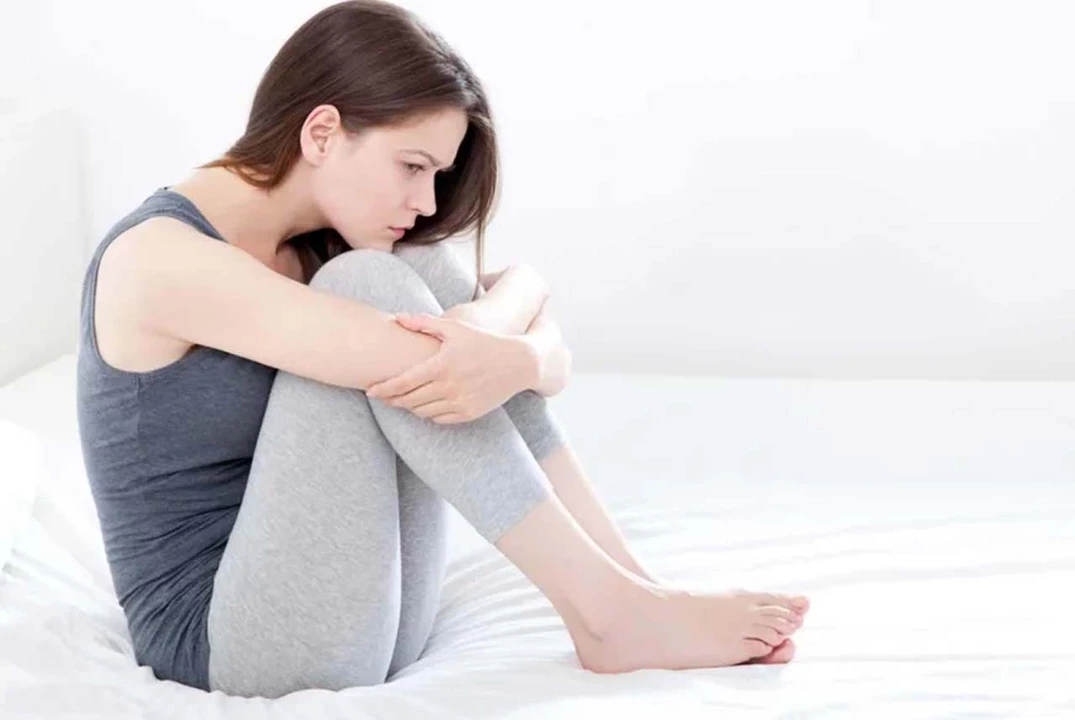Menopause Explained: What to Expect and How to Feel Better
Going through menopause can feel like a roller‑coaster you didn’t sign up for. Hot flashes, mood swings, sleep problems – they all show up at different times for each woman. The good news is that most of these changes are predictable, and there are proven ways to manage them without turning your life upside down.
Medical Treatments for Menopause
If the symptoms start messing with work or relationships, doctors often recommend hormone therapy (HT). Low‑dose estrogen, sometimes paired with progesterone, smooths out the hormonal dip that triggers night sweats and mood shifts. It’s not a one‑size‑fits‑all, so your doctor will check your health history, bone density, and heart risk before starting.
Besides HT, there are prescription meds like selective serotonin reuptake inhibitors (SSRIs) that help with hot flashes and mood swings. For women who can’t use hormones, these alternatives provide relief without the estrogen‑related risks. Always discuss side effects – a few weeks of adjustment is normal, but severe reactions need immediate attention.
Natural Ways to Ease Symptoms
Many women find comfort in lifestyle tweaks. Regular exercise, especially strength training, supports bone health and reduces night sweats. A balanced diet rich in calcium, vitamin D, and omega‑3s helps keep mood steady and bones strong.
Herbal options like black cohosh, red clover, or soy isoflavones are popular for mild hot flashes. While research shows mixed results, they’re generally safe when you stick to recommended doses. Keep a symptom diary – it lets you see which foods, drinks (like caffeine or alcohol), and stress triggers make flares worse.
Mind‑body practices such as yoga, deep breathing, or meditation can calm the nervous system, easing anxiety and sleep problems. Even a short 10‑minute mindfulness session before bed often leads to deeper rest.
When you’re unsure which route to take, start with small changes: add a daily walk, swap sugary drinks for water, and try a low‑dose herbal supplement. If symptoms persist after a few weeks, schedule an appointment. Your doctor can run blood tests, check bone health, and help you decide whether HT or another prescription is the right move.
At 90DayMeds.com we’ve gathered detailed articles on hormone therapy, natural supplements, and lifestyle tricks for menopause. Browse our tag page to find step‑by‑step guides, safety tips, and real‑world stories that match your situation. You don’t have to navigate this phase alone – the right info makes a huge difference.

Vaginal irritation in menopause: causes and treatments
I recently came across a topic that I think many women going through menopause can relate to - vaginal irritation. Menopause can cause hormonal imbalances, which often lead to vaginal dryness, itching, and discomfort. Luckily, there are various treatments available, such as over-the-counter moisturizers, water-based lubricants, and in some cases, hormone replacement therapy. It's important to consult with your healthcare provider to determine the best course of action for your individual needs. Remember, you're not alone in dealing with this issue, and there are solutions to help alleviate the discomfort.
May 27 2023